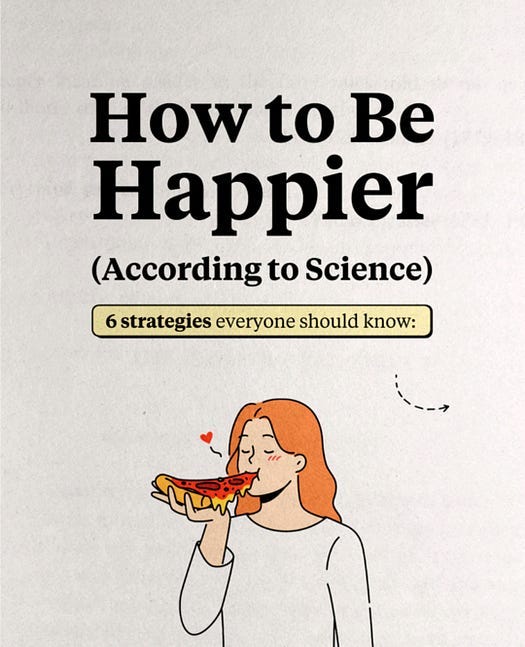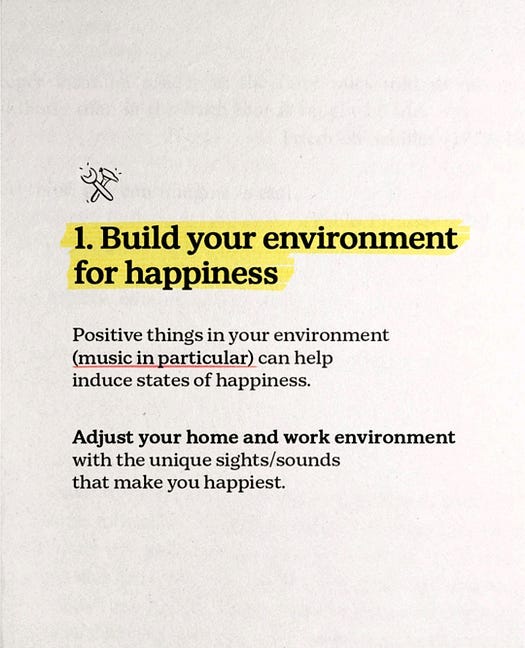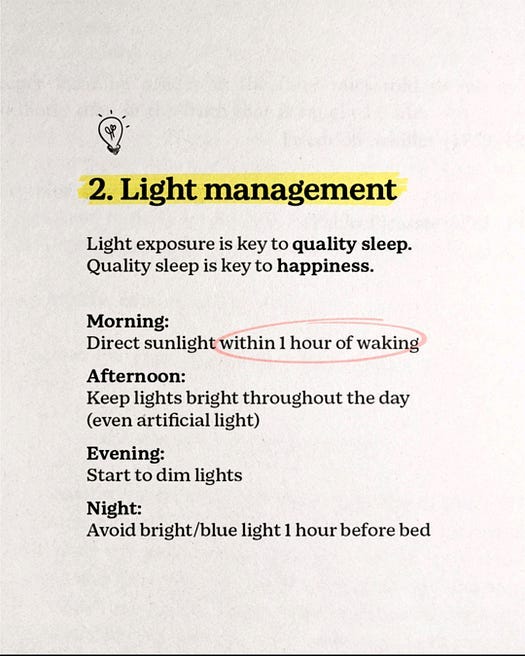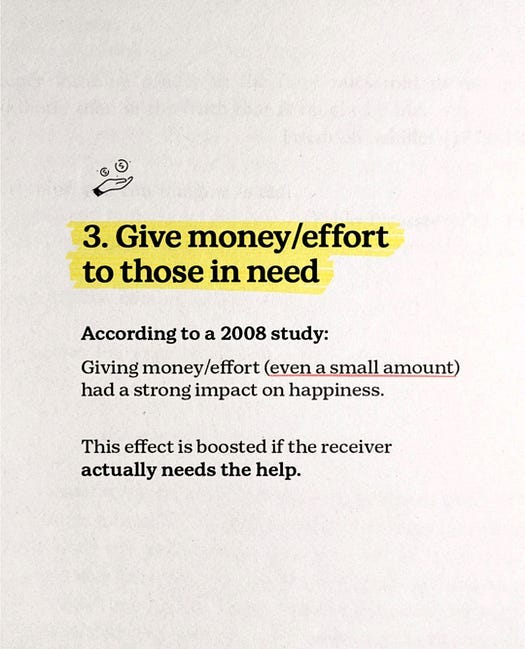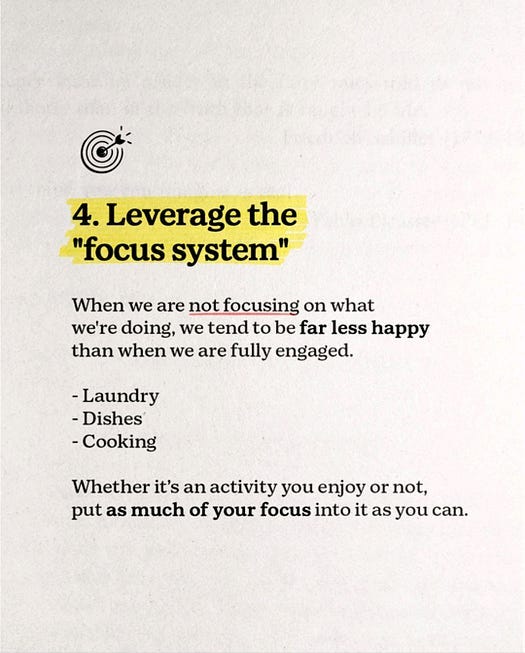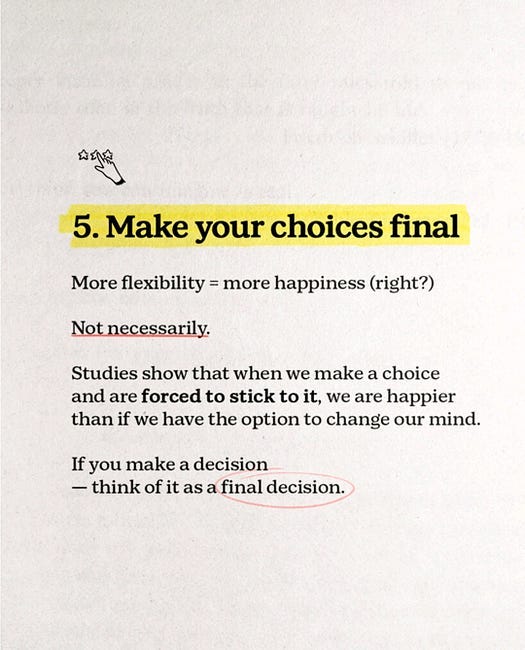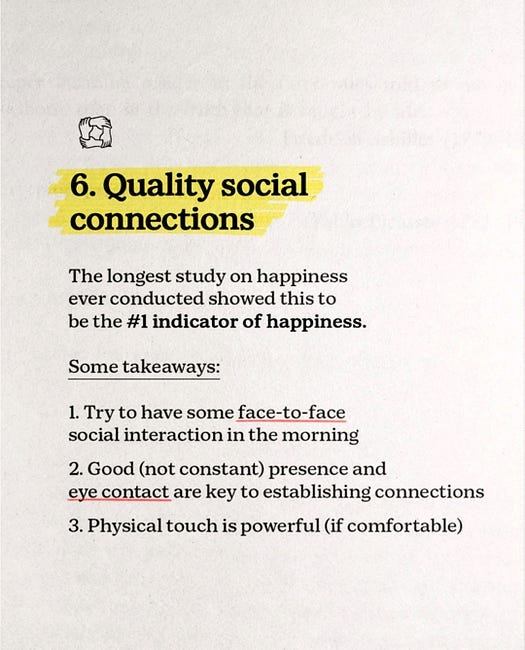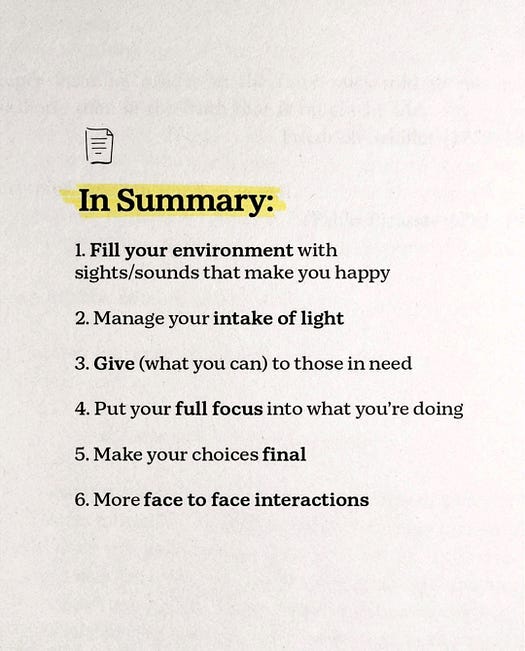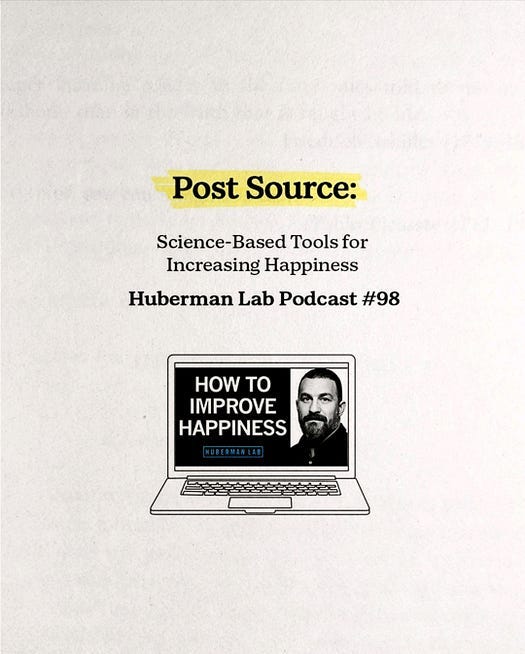I was scrolling to find something that is worth writing about. During my time on scrolling, I came across something unique. I thought this information might be worth sharing.
Nowadays, everyone is frustrated with their lives whatsoever. They are tired of working their jobs and taking care of many things. Nowadays, people are forgetting to smile and be happy.
When I was scrolling on LinkedIn, I came across a very useful post by Colby Kultgen. According to this post There are 6 strategies to be happier which are scientifically proven.
1. Build your environment for happiness
Surround yourself with positive things in your home or work environment. Surrounding yourself with things that give you positive vibes will automatically increase your happiness levels
2. Light management
Light management is another thing that could affect our happiness and overall health. In this picture, you see the importance of light. Light can affect your mood very much. So, get enough light in the day.
3. Give money/effort to those in need
Helping someone who needs help would definitely give you solace and happiness. Helping others will make you a better person in generall. According to a 2008 study,
Giving money/effort (even a small amount) had a strong impact on happiness.
This effect is boosted if the receiver actually needs help.
4. Leverage the “focus system”
I started using this method before summer vacations to study. Basically, the idea is that you focus on what you are doing. Engulf yourself in the task at hand and you will feel happy doing it.
5. Make your choices final
Having more choices will make you less happy. This is because no matter what we choose we feel as if the other choices were better. Instead, make your decision final and stick with it. When you know that this is the only decision then you will feel happy with it.
6. Quality social connections
I can’t relate to this much because I am an introvert sooooo, you be the judge of this strategy.
If you wanna summarize these strategies then see this picture.
Colby Kultgen found these strategies on a podcast: Huberman Lab Podcast #98.
I really liked this post and thought that I should post it. I really love the way Colby explained these strategies.


